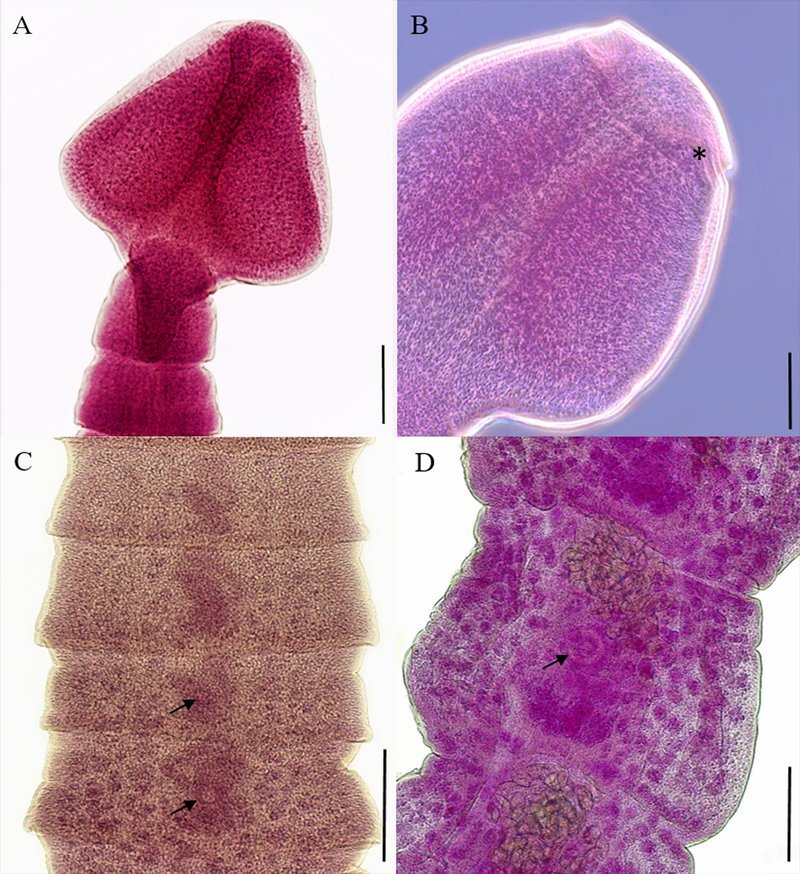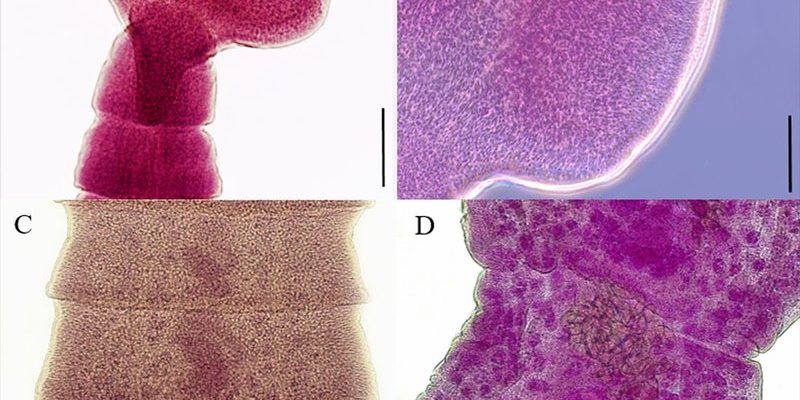
Imagine having a mini ecosystem in your home where you can observe the interplay between these stunning fish and their not-so-friendly parasites. It sounds intriguing, right? But before you dive in, it’s essential to understand the biology of guppy tapeworms, their life cycle, and the implications they might have in a controlled setting. Let’s explore this topic together!
Understanding Guppy Tapeworms
Guppy tapeworms, known scientifically as *Bothriocephalus acheilognathi*, are flat, ribbon-like parasites that generally live in the intestines of their fish hosts. They thrive by absorbing nutrients that the host fish get from their food, which can lead to health problems for the guppies if the infestation is severe. Think of it like having a roommate who eats all your snacks without any regrets!
These tapeworms can be introduced into an aquarium through various means, such as contaminated water, infected food, or even other fish. Once they find a host, they can live for several months, producing a large number of eggs that are expelled into the water to continue their lifecycle. This is a key point for anyone considering studying them; understanding where they come from and how they proliferate is the first step.
So why would anyone want to study guppy tapeworms? Well, these tiny organisms can offer insights into parasitic relationships, fish health, and even potential treatments for infestations. Plus, they can be a great conversation starter at parties—who doesn’t love a good fishy tale?
Can You Farm Guppy Tapeworms?
Farming guppy tapeworms might sound like a bizarre idea, but it’s not entirely out of the question. In fact, researchers might deliberately cultivate them in controlled environments to observe their life cycle or test treatments effective against them. However, farming them requires strict protocols to prevent uncontrolled outbreaks in fish populations.
If you’re considering farming guppy tapeworms, here are some steps to think about:
- Set Up a Controlled Environment: A separate tank specifically for the tapeworms can help manage their growth and prevent them from accidentally infecting other fish.
- Monitor Fish Health: Keep an eye on the guppies in your main aquarium. If they start showing signs of distress, it might be time to intervene.
- Research Feeding Habits: Understanding what the guppy tapeworms need to thrive can help you replicate their natural environment.
There’s a fine line between studying them and letting them take over your aquarium. Honestly, you might want to keep a close eye on the balance—you don’t want your guppies becoming the open buffet!
The Ethical Considerations
Before diving headfirst into farming or studying guppy tapeworms, it’s essential to weigh the ethical implications. Like any creature, tapeworms have their place in the ecosystem, but you have to consider the health of your guppies. It’s a delicate balance—while you might want to explore these parasites, you don’t want to harm your fish.
Here’s what to keep in mind:
- Impact on Host Fish: Heavy infestations can lead to malnutrition or even death in guppies. Always prioritize their well-being.
- Responsible Management: If you do decide to study or farm these tapeworms, ensure you have a plan to manage them responsibly. This includes knowing when to treat your fish if they become infested.
- Research and Knowledge: Stay informed about the latest research on guppy tapeworms. Understanding their biology better can help you manage them effectively.
Let me explain—you don’t want to be that person who brings home a pet but then doesn’t take care of it properly. Your guppies rely on you!
Studying Guppy Tapeworms: Methodologies
If your curiosity is piqued and you’re keen on diving deeper into guppy tapeworm research, there are various methodologies you can employ. Here are a few common approaches that researchers might take:
Field Studies
Field studies allow researchers to observe guppy tapeworms in their natural habitats. This might involve:
- Collecting samples from wild fish populations.
- Examining the prevalence of tapeworms in different environments (e.g., lakes vs. aquariums).
Research like this sheds light on how these parasites interact with their hosts in different settings.
Controlled Laboratory Experiments
In a lab setting, you can establish controlled conditions for both guppies and their tapeworms. Key components include:
- Finding out how different diets affect tapeworm growth.
- Testing treatments that might help eliminate tapeworm infestations.
These experiments can yield valuable data about the lifecycle and health impacts of guppy tapeworms.
Potential Benefits of Studying Guppy Tapeworms
Now that we’ve looked at how to study these fascinating parasites, you might be wondering, “What’s the point?” Here’s the thing—studying guppy tapeworms can provide critical insights that extend beyond just fish health.
Some potential benefits include:
- Improving Fish Farming: Understanding how these parasites affect guppies can lead to better practices in aquaculture. This way, fish farmers can maintain healthy fish stocks.
- Advancements in Veterinary Science: Research on parasites like guppy tapeworms can lead to new treatments for various parasitic infections in fish and even other animals.
- Educating Aquarists: Knowledge about the potential risks of parasites can help aquarium enthusiasts take better care of their fish.
You might be surprised at how much of a ripple effect these tiny parasites can have in the aquatic world.
In conclusion, the world of guppy tapeworms might seem small and unassuming, but it’s rich with opportunities for study and discovery. While the idea of farming these parasites can raise eyebrows, understanding their biology and managing them responsibly can be beneficial in various ways.
If you’re interested in studying them, ensure you prioritize the health of your guppies and have a clear plan in place. Remember, every ounce of curiosity can lead to fascinating discoveries—just make sure to keep your fish happy while you’re at it! Whether you’re a seasoned aquarist or just starting out, the journey into the world of guppy tapeworms can be an eye-opening experience that highlights the interconnectedness of life in your aquarium. Happy exploring!

